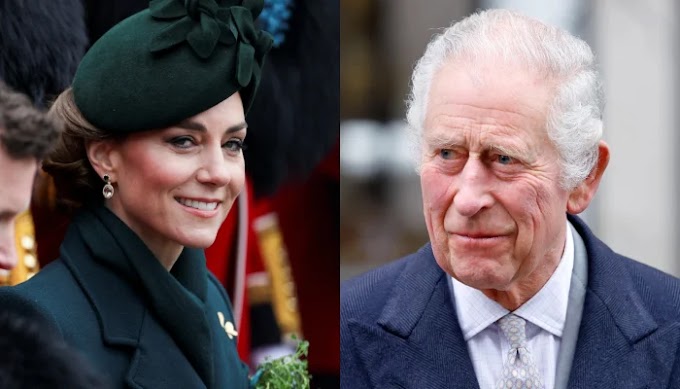New legal developments could decide Duke’s fate in America
Prince Harry’s residency in the United States is under fresh scrutiny as a high-profile legal case over his immigration status inches closer to a critical decision. The Heritage Foundation, a conservative think tank, continues its push to unseal the Duke of Sussex’s visa records, citing concerns over whether Harry was fully honest on his application.
The group’s lawsuit, filed under the Freedom of Information Act, focuses on Harry’s public admissions of past drug use — details he openly shared in his memoir Spare and during promotional interviews. U.S. immigration law prohibits entry to those who admit to past illegal drug use, sparking debate over whether the Duke received preferential treatment.
Speaking to GB News, Nile Gardiner, a senior figure at the Foundation, warned of significant updates in the coming weeks:
“The fight continues to release Prince Harry’s immigration records… If he is found to have lied in his application, it is a criminal offence and would result in up to five years in prison or deportation.”
Gardiner also speculated that a future Trump administration might opt to publicly release the documents, further politicising the issue.
So far, limited information released by U.S. authorities suggests Harry’s visa was issued in accordance with the Immigration and Nationality Act, but it remains unclear whether he disclosed his past drug use during the application process.
The case has stirred intense public debate. Some argue Harry should be held to the same standards as any other immigrant, while others view the lawsuit as politically motivated and intrusive, particularly given his high-profile status and non-criminal admissions.
Harry, who resides in California with Meghan Markle and their two children, could face serious consequences if the case doesn’t go in his favor — including possible deportation or restrictions on his long-term stay.
With pressure mounting and legal proceedings underway, the outcome of this visa dispute could have far-reaching implications not only for Harry’s future in America but for how public figures are treated under immigration law.












